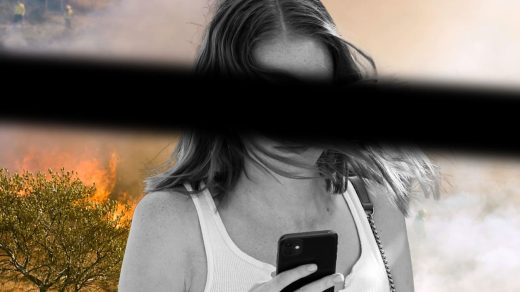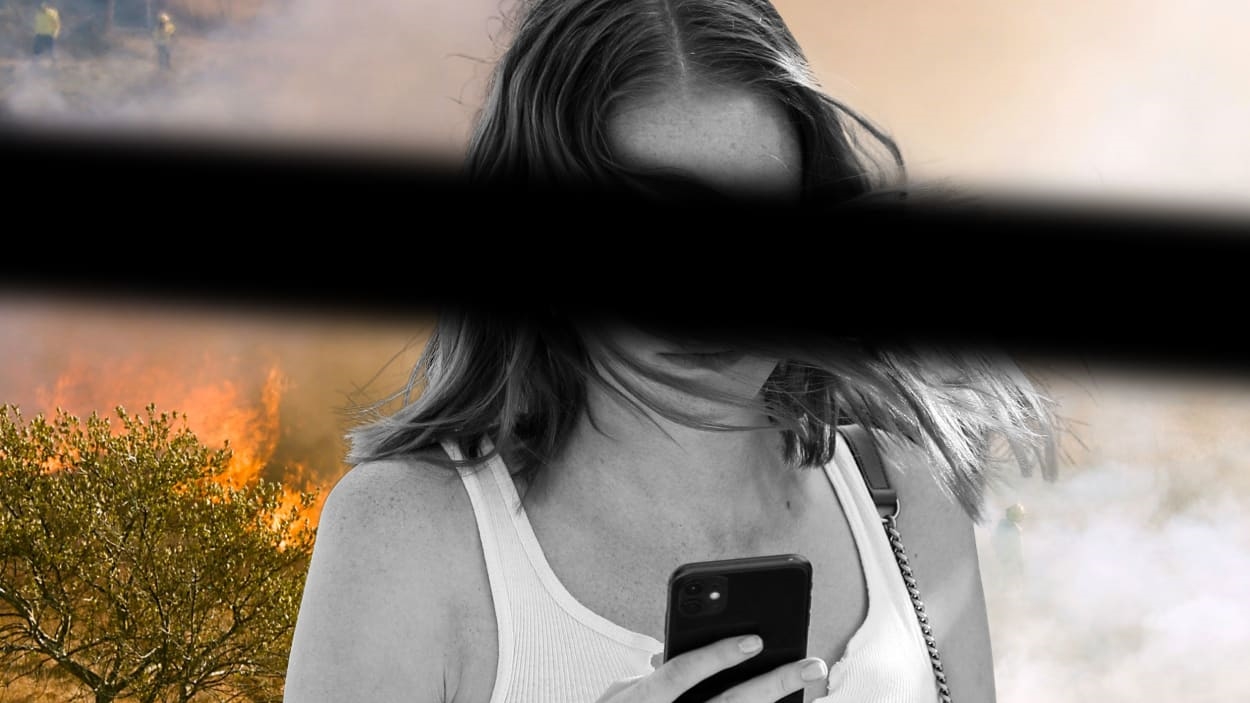Yellowknife wildfires: The Facebook news ban in Canada has been complicating evacuations
Residents of Yellowknife, in Canada’s northern territories, are having a hard time getting the critical, life-saving information they need in order to escape the wildfires. The northern territories are currently fighting 236 of the total 1,050 fires raging in Canada. But residents have found it difficult to access credible news stories, which would share details of evacuation measures, in the way so many have become accustomed to learning timely information—through social media.
That’s because Bill C-18, called the Online News Act, made it illegal for large social media companies not to pay Canadian news publishers for sharing their content. In response, Meta, which owns Facebook and Instagram, has been pulling news stories off its platforms in Canada since August 1.
While there is currently an evacuation order for at least 20,000 Yellowknife residents, the news isn’t finding them easily. Instead, officials have said Canadian social media is filled with fake news and misinformation about the constantly evolving situation. In addition to the Meta ban making sharing official news stories an impossibility, some affected areas have poor cellular reception, further compounding the issue.
The circumstances are dire, and Meta’s ban has—figuratively—come under fire as residents and officials lament the restriction. Cabin Radio’s Ollie Williams addressed the potential impact just before the ban went into effect, saying, “We’re annoyed, because here we are in the middle of a severe wildfire season, with a bunch of evacuations, and your ability to access our reporting is about to be restricted. It makes no sense and frankly, it’s dangerous.”
Regardless of the life-threatening situation, Meta isn’t backing down. “People in Canada are able to use Facebook and Instagram to connect to their communities and access reputable information, including content from official government agencies, emergency services and non-governmental organizations,” Meta spokesperson David Troya-Alvarez told CBC on August 17.
In the meantime, some residents are tracking the fires on their own—minute by minute. “When it comes to how far away the fire is, that’s definitely been a concern for everybody because I know there’s been a lot of misinformation about where it is and what’s going on with it,” Yellowknife resident Kelsey Worth told CBC. “I watch the satellite maps now because I can’t get an accurate number on where it’s at.”
(3)



